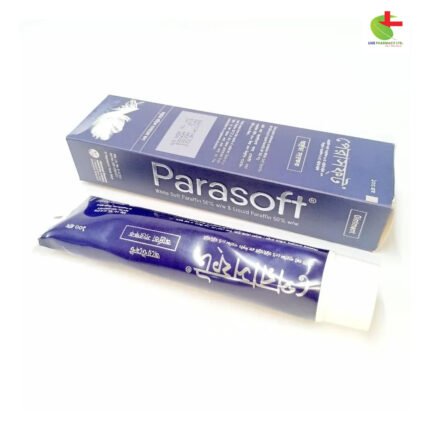Diar 60ml
50.34৳ Bottle(60ml)
- Diar treats diarrhea caused by Cryptosporidium parvum, Giardia lamblia, and Entamoeba histolytica.
- Contains Nitazoxanide, an antiprotozoal agent that interferes with the energy metabolism of protozoa.
- Suitable for both children (1 year and above) and adults.
- Alleviates symptoms of protozoan-induced gastrointestinal infections.
- Always consult a healthcare provider before use.
 Brand
Brand
|
ACI Limited |
|---|---|
 Generics
Generics
|
Nitazoxanide |
 Type
Type
|
Powder for Suspension |
Indications
Diar is a medication used for treating diarrhea caused by Cryptosporidium parvum, Giardia lamblia, and Entamoeba histolytica infections. It is highly effective against protozoan-induced gastrointestinal disorders.
Consult with a registered healthcare provider before use.
Pharmacology
Diar contains Nitazoxanide, a synthetic antiprotozoal agent designed for oral administration. Nitazoxanide works by inhibiting the Pyruvate Ferredoxin Oxido Reductase (PFOR) enzyme, which is crucial for the energy metabolism of anaerobic protozoa. Both Nitazoxanide and its active metabolite, tizoxanide, effectively disrupt the growth of Cryptosporidium parvum sporozoites, Giardia lamblia trophozoites, and oocysts.
Dosage & Administration
- Children (1-3 years): 5 ml (1 teaspoon) every 12 hours for 3 days.
- Children (4-11 years): 10 ml (2 teaspoons) every 12 hours for 3 days.
- Adults (12 years and above): 25 ml (5 teaspoons) suspension or 1 tablet every 12 hours for 3 days.
Administration should be done with food for better absorption.
Consult a healthcare provider for specific dosage recommendations.
Drug Interactions
Diar is extensively bound to plasma proteins. Caution is advised when using Diar alongside other drugs that are highly protein-bound and have a narrow therapeutic index.
Contraindications
Diar should not be used in individuals with a known hypersensitivity to Nitazoxanide or any components of the medication.
Side Effects
Common side effects of Diar include abdominal pain, vomiting, and headache. These symptoms are usually mild and resolve on their own. Rare side effects may include nausea, anorexia, flatulence, increased appetite, swollen salivary glands, elevated creatinine & SGPT levels, pruritus, rhinitis, sweating, dizziness, and discolored urine.
Pregnancy & Lactation
Nitazoxanide is classified under US FDA pregnancy category B, indicating that animal studies have not shown risks, but there are no adequate studies in pregnant women. Use Diar during pregnancy only if absolutely necessary. Nitazoxanide is excreted in breast milk, so caution should be exercised when administering it to lactating mothers.
Precautions & Warnings
- Diar should be used cautiously in patients with hepatic, biliary, or renal diseases.
- Regular monitoring is recommended for individuals with existing liver or kidney issues.
Therapeutic Class
Anti-diarrheal Antiprotozoal Medication
Storage Conditions
Store in a cool, dry place away from light and heat. Keep out of reach of children.













Reviews
There are no reviews yet.